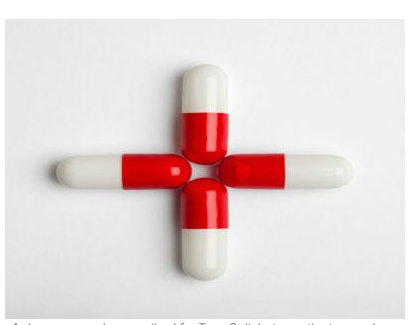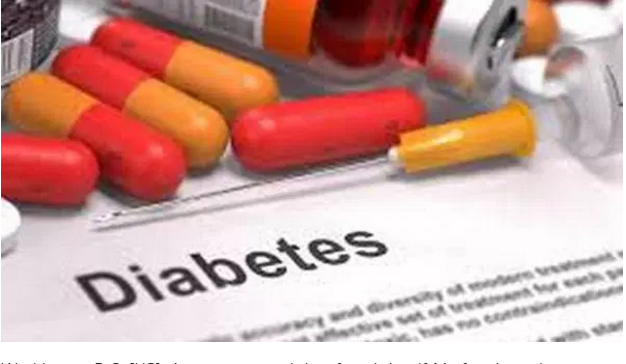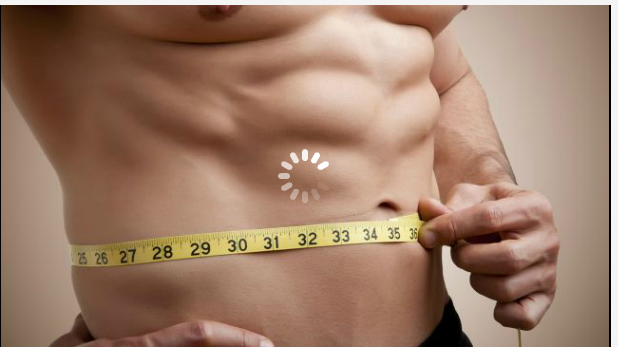Fitness enthusiasts have long been wary of coffee, probably because of its addictive properties. But is it really bad for us? The truth is, it depends. How you metabolize it, how much you drink, and how you’re drinking it can make all the difference.
Coffee. You wake to its rich aroma. You warm your hands around the steaming mug. Your mouth begins to water for that first burst of intense flavor. And ten minutes later, you’re sharp, alert, and ready to face your day.
No wonder it’s become one of the most popular beverages in the world.
Could something so delicious be good for you?
The short answer is yes—with a few reservations. If you metabolize coffee quickly, drink it in moderate amounts, and don’t load it up with sweeteners and cream, coffee’s more likely to promote good health than to hurt your health.
Let’s take a closer look.
Fast and slow metabolizers
The sad fact is, some of us tolerate coffee’s active ingredient, caffeine, better than others.
Slow metabolizers of coffee tend to get the jitters or feel wired after a cup or two, and they can’t sleep if they drink it.
But that’s not all. Coffee also seems to put them at greater risk for miscarriage, high blood pressure, PMS, and other problems.
Faster metabolizers of coffee tend to feel alert and energized after a cup. Not only that, but they don’t seem affected by the health risks that slow metabolizers face. In fact, in this group coffee might even be health-promoting.
About half of us belong to the first group, and half to the second.
One cup…or twenty?
The good news: whether you metabolize coffee slowly or very quickly, one or two cups in the morning is probably safe.
If you’re a slow metabolizer, drinking that much at that time won’t do any harm and will give you the boost of alertness you may crave.
And if you’re a fast metabolizer, drinking that much may do your health some positive good.
For most of us, drinking anywhere between 1-3 cups per day (8 to 24 ounces) seems to be a reasonable amount. Any more than that and you should consider cutting back.
How to drink it
If you enjoy coffee and drink it regularly, consider switching to black.
Even those who can benefit from coffee might lose those benefits from an overload of sugar and cream—or, worse yet, artificial sweeteners and creamers. These only add unnecessary calories and chemicals and may affect the way you digest the coffee.
As for that Frappucino? An occasional treat, maybe. But don’t think it’s going to make you healthier.
And while you’re at it, make sure that coffee isn’t the only thing you drink. Especially if you exercise in the heat, ensure you’re also getting enough water. (Iced Americano, anyone?)
How coffee can boost health
If you’re curious about the different ways that coffee seems to improve health, check out this in-depth article.
In the meantime, here’s the capsule version.
Coffee can lead to:
- Better athletic and mental performance.
- Lower rates of some cancers, neurodegenerative diseases, and Type 2 diabetes in some people.
- Lower rates of cardiovascular disease and premature death in some people.
In particular, the antioxidants in coffee may protect against age-related diseases.
Again, the benefits seem higher for those who are fast metabolizers.
Read the full post in about health










